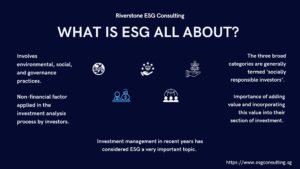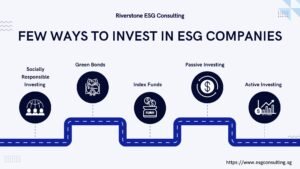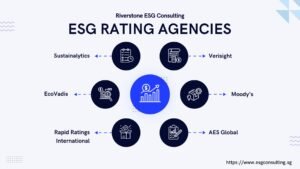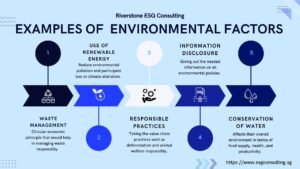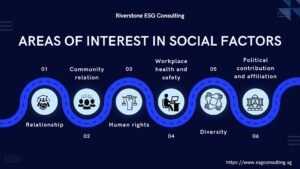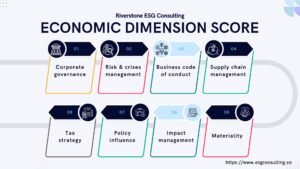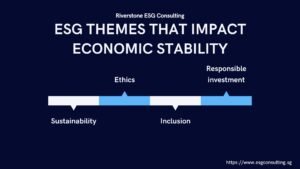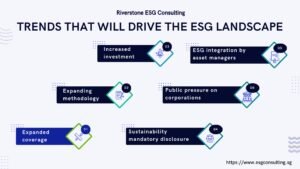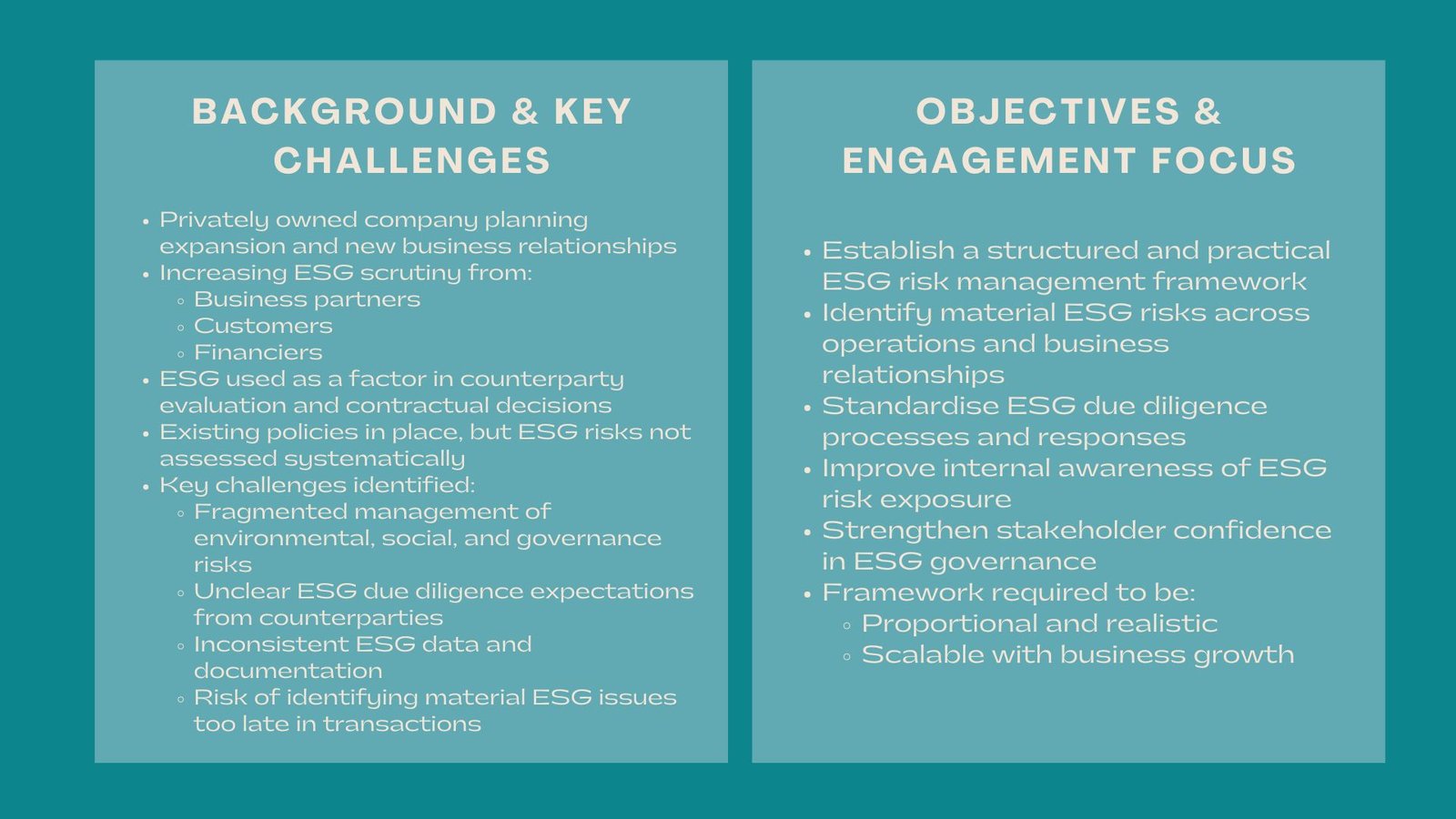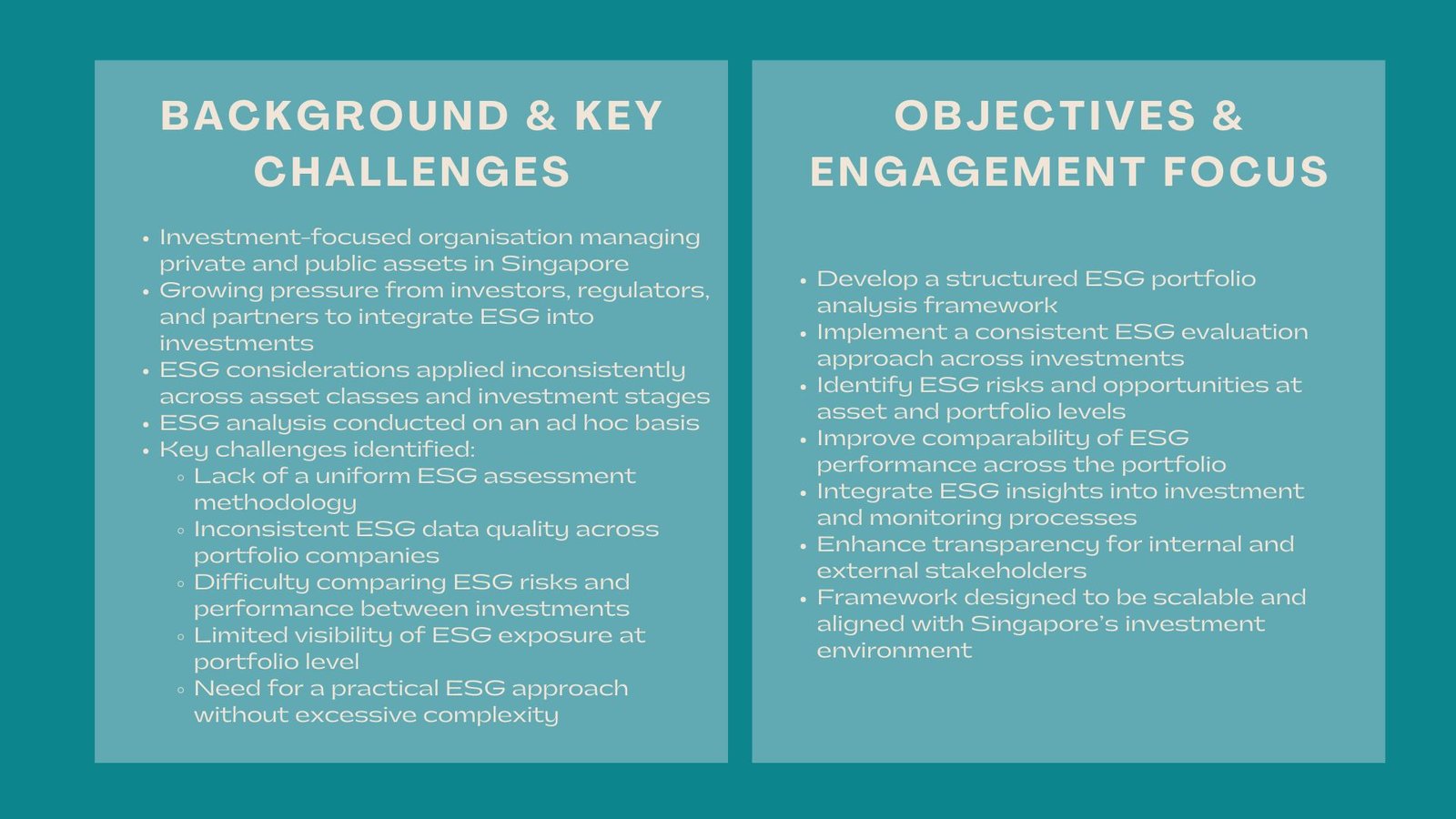The Future of ESG Reporting: ISSB Adoption in Singapore
Introduction to ESG Reporting ISSB Adoption Training Singapore
With the emerging trend of sustainability reporting as part of corporate transparency, Singapore is making bold moves to streamline its disclosure standards to the global levels. The international sustainability standards board (the ISSB) represents a major transformation in the manner the companies report their environmental, social, and governance (ESGs) performance to investors and other stakeholders.
The shift to ISSB adoption is not only a regulatory change but also a business opportunity to build credibility and attract sustainable capital and compare itself with global best practices in relation to Singapore-listed companies. Such a shift places Singapore at the head of responsible finance and corporate accountability in Asia. This topic is ideal for professionals seeking Sustainable Finance Reporting Certification Singapore to enhance their expertise in ESG reporting and responsible investment practices.
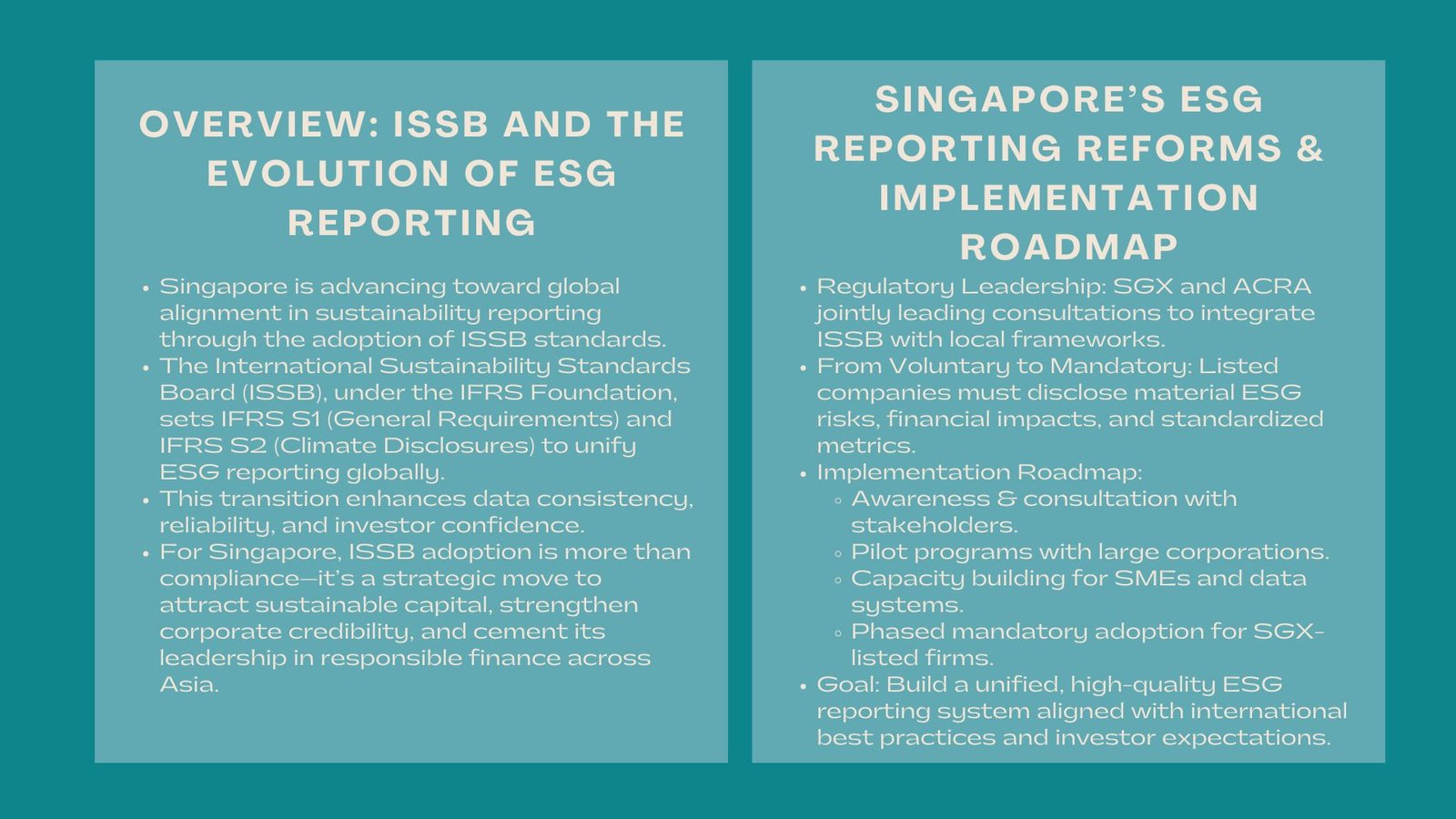
The Change in the Direction of Global ESG Reporting Consistency.
The emergence of ESG reporting has increased at an uneven pace during the last ten years. Many frameworks like Global Reporting Initiative (GRI), Sustainability Accounting Standards Board (SASB), and Task Force on Climate-related Financial Disclosures (TCFD) have offered good tips- but due to the absence of a single international standard, inconsistency in quality and comparability of data is common.
This gap is filled by the establishment of the ISSB under the International Financial reporting standards (IFRS) Foundation. Its two pillar standards namely IFRS S1 (General Requirements of Disclosure of Sustainability-related Financial Information) and IFRS S2 ( Climate-related Disclosures) are meant to have a global uniformity in sustainability reporting which is on par with financial reporting principles.
The adoption of the ISSB standards is an indication by Singapore that it is planning to improve the corporate accountability, inspire investor confidence, and make sure that disclosures on sustainability are decision-useful, reliable and comparable by market.
Commitment to ESG Reporting Reform, Singapore.
Singapore has been a pioneer in the regional ESG governance. One of the earliest to require sustainability reporting of all listed companies was the Singapore Exchange (SGX). Nonetheless, the increased standardization and global alignment of disclosures has been necessitated by the changing expectation of investors worldwide.
To this, Accounting and Corporate Regulatory Authority (ACRA) and SGX RegCo have initiated joint consultations to apply ISSB standards in Singapore. The idea is to match the local sustainability disclosure needs with the international standards considering the needs and preparedness of the local companies.
This will make Singapore competitive in the international capital markets and will provide investors with quality and consistent ESG information that is useful in making long term investment decisions.
Turning Voluntary to Mandatory: What Is Changing.
In the past, sustainability disclosures were perceived by many companies as voluntary or compulsory processes. As ISSB standards progress ESG reporting is increasingly more implicated with financial reporting – no longer narrative statements but quantifiable and decision-relevant data.
For Singapore-listed companies, the adoption of an ISSB-aligned sustainability reporting framework for Singapore-listed companies means a shift toward more rigorous governance, enhanced data systems, and closer collaboration between sustainability and finance teams.
The companies will be obliged under ISSB to:
- Report on material sustainability and climate risks and opportunities.
- Incorporate ESG measures in the financial planning and enterprise risk management.
- Write report based on standard indicators and similar methodologies.
- Give prospective data to facilitate investor decision-making.
This improved framework will result in more transparency, accountability, and comparability within the industries as the ESG information will become as a part of the business performance as financial statements.
The ISSB Implementation Roadmap.
The route which is leading Singapore into complete ISSB compliance is being steered by a systematic and incremental process. The global ESG disclosure harmonization and ISSB implementation roadmap in Singapore involves collaboration between regulators, industry associations, and reporting bodies to ensure a smooth transition.
The road map usually contains:
- Awareness and Consultation Phase – This involves the involvement of industry stakeholders in order to know the level of readiness, challenges and training requirements.
- Pilot Implementation – Large Corporations and Early Adopters- Letting large corporations and early adopters use the ISSB standards volunteers to test data systems and governance structures
- Capacity Building – training, digital solutions, and reporting advice of smaller firms.
- Mandatory Adoption- The requirement by all SGX-listed companies phased in, in line with global best practices and regulatory schedules.
This is a calculated strategy to have a balance between the regulatory rigor and the practical viability to allow the companies time to adjust without the loss of data integrity.
Integrating the ESG and Financial Reporting.
Financial reporting and sustainability reporting convergence is one of the greatest consequences of ISSB adoption. The ISSB model is built in such a way that it is compliant with the IFRS Accounting Standards, which means that the sustainability information may be easily connected with the financial performance and risk management.
This combination prompts business organizations to stop making superficial ESG disclosures but instead embrace a values-based approach. It reaffirms the fact that sustainability is not an independent business concept- it is a core to long-term profitability and strength.
Several companies in Singapore have already integrated sustainability measures in the performance management and executive compensation. Under ISSB reporting, such practices will be more data-driven, quantifiable, and in line with expectations of the investors.
The advantages of ISSB Adoption to Singapore Businesses.
Adoption of ISSB standards has a number of strategic benefits to companies in Singapore:
- Greater Investor Confidence – Open, similar ESG data will allow investors to make better decisions, which will attract global sustainable capital.
- Better Risk Management – ISSB reporting will focus on the climate and social risks and these will be able to be planned and mitigated by the company
- Operational Efficiency – Standardized structures are minimizing duplication and simplifying the reporting procedures.
- Reputation and Market Leadership – Early Adopters makes companies a progressive leader in sustainable governance.
Moreover, the multinational corporations operating in Singapore will enjoy the stability in reporting setups that would comply with the global supply chain and investment needs.
Challenges to Overcome
Although it has its advantages, there are a number of challenges associated with the shift to ISSB standards. Most of the businesses, especially the small and medium enterprises (SMEs), can experience challenges in gathering quality information, integration of new reporting, as well as the lack of knowledge regarding technical disclosures.
Also, sustainability reporting requires cross-functional coordination, that is, between the financial, risk, sustainability, and operations departments, which can necessitate new internal checks and balances.
To close these gaps, the regulators and professional bodies in Singapore are providing guidance, training and digital tools to enable companies develop their reporting strengths. Alliances with ESG consultants and technology suppliers are also necessary to make sure the data is properly managed and assured.
The Assurance and the Role of Technology.
One of the facilitators in the adoption of ISSB standards will be digital transformation. Developed data platforms and ESG reporting software can be used to automate data collection, make the tracking of emissions, and disclose and align with various frameworks.
In addition to this, confidence of ESG information is emerging as a significant concern. In the same way that financial statements are subjected to external audits, sustainability disclosures are also supposed to be audited by independent assurance providers. This builds enhanced stakeholders trust and also improves credibility of information that is reported.
Singapore is changing fast in terms of the assurance ecosystem, which includes audit firms, consulting practices, and sustainability specialists, to address this demand.
Looking Forward: ESG Reporting Future.
The emergence of the ISSB is a breakthrough in the governance of sustainability across the world. To Singapore, it can be seen as a significant step of unified, investor-grade ESG reporting in which local priorities and international requirements are incorporated.
As the world goes low-carbon economy, businesses that adopt the ISSB standards early will receive more advantages in attracting investors, managing risks, and taking advantage of opportunities of sustainable growths.
The active attitude of Singapore makes it a global model of active and high-quality reporting on ESG- a vital base of long-term economic health and environmental accountability.
Conclusion
The ISSB standards adoption in Singapore marks the new era in corporate reporting development. Through the inclusion of sustainability and financial information in a single global system, Singapore is empowering businesses to generate enduring value; in terms of financial, social, and environmental worth.
By working together, innovating and ensuring accountability, the financial and corporate industries in the country are leading the trend towards a future where the business excellence is characterized by transparency and sustainability.

